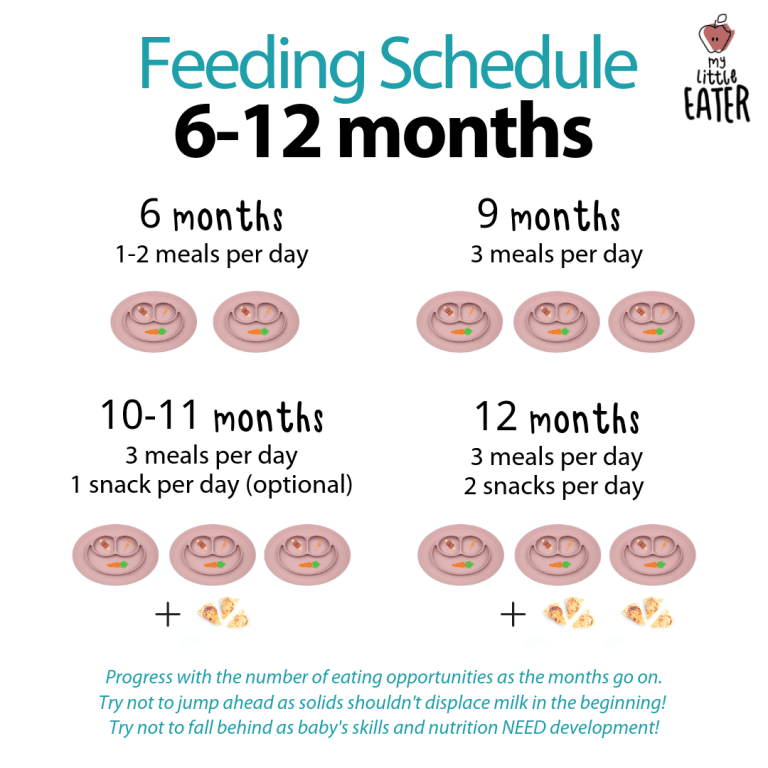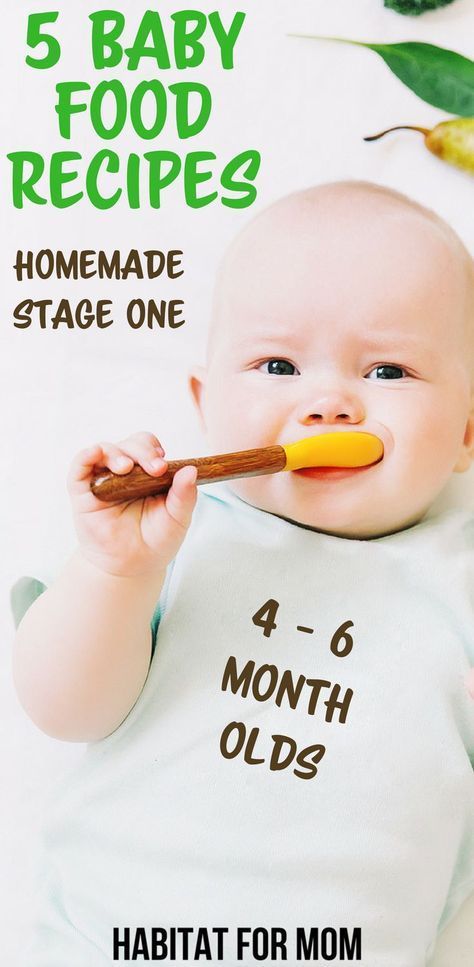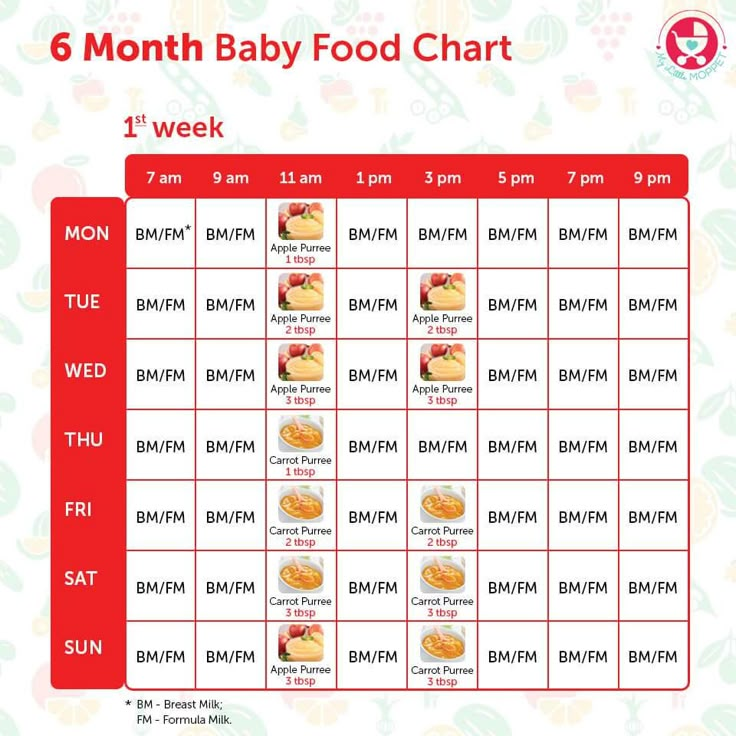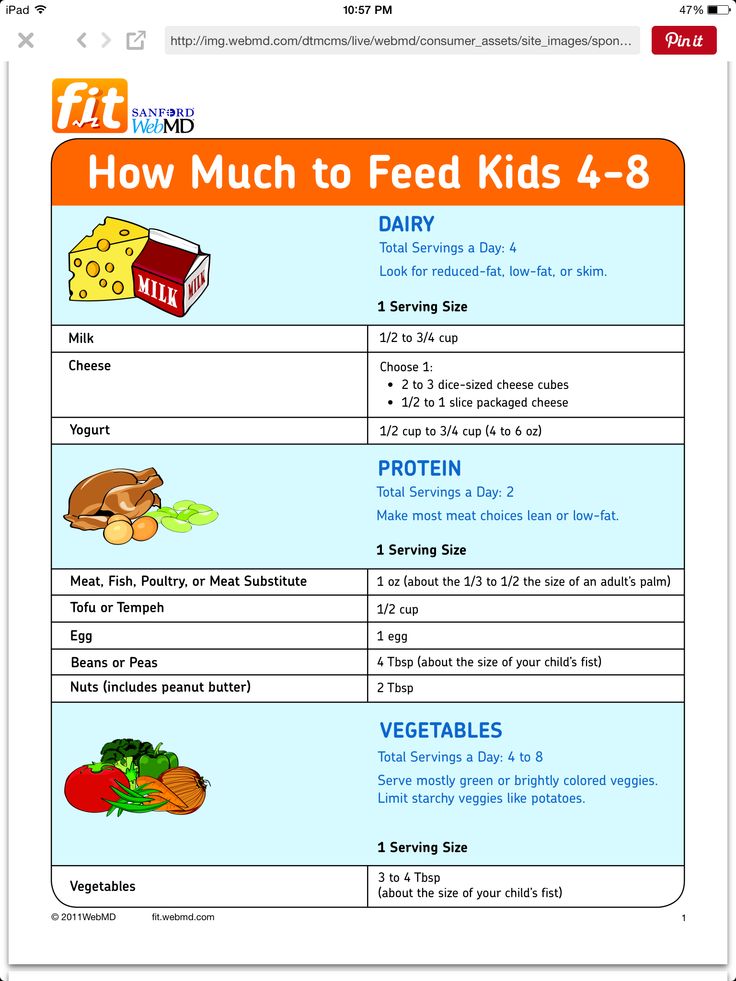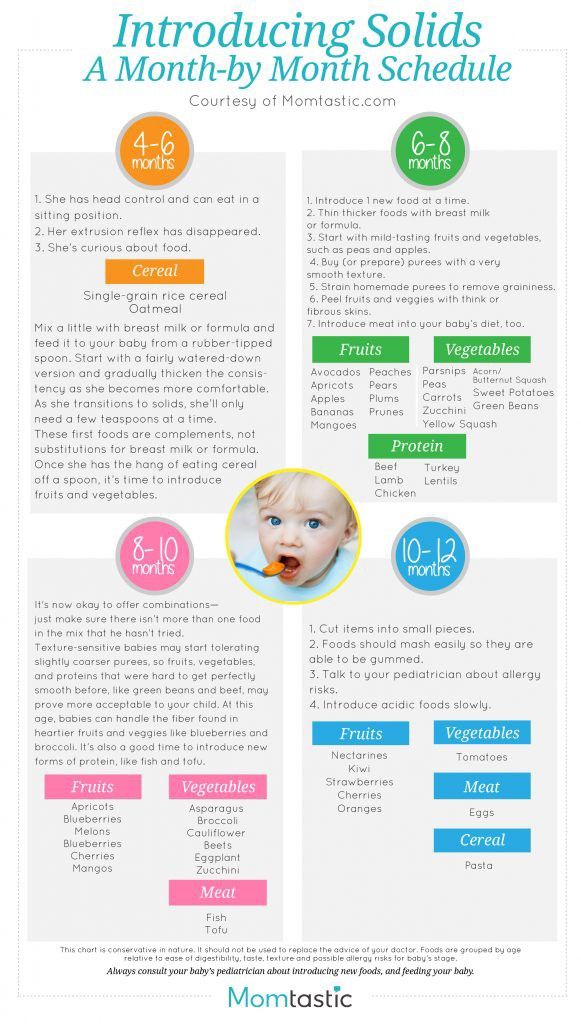2 week old baby feeding too much
How To Tell If You're Overfeeding Baby
We spend so much time fussing over whether baby is getting enough formula or breast milk—and for new parents it can be hard to tell what’s actually enough. Many parents may try to coax baby to finish their bottle or worry that baby isn’t eating enough, when really, baby has just had their fill. So can that well-intentioned fussing possibly lead to overfeeding baby?
Keep in mind that signs of a healthy baby may differ across cultures. “Different cultures have different feelings about how much a baby should eat, how often they should eat and what they should look like,” says Alanna Levine, MD, a pediatrician at Orangetown Pediatric Associates in Orangeburg, New York. Some parents consider a roly-poly baby a sign of a job well done, while other parents see a round baby and visualize an obese teen.
While cultural perceptions of a healthy baby may vary, when it comes to feeding, there are few things to keep in mind. Read on to learn how overfeeding baby can happen, signs to look for and what to do going forward.
In this article:
Can you overfeed a baby?
What leads to overfeeding?
Signs of overfeeding baby
How to avoid overfeeding baby
Can You Overfeed a Baby?
You can probably breathe a sigh of relief: Overfeeding baby is almost impossible, and most of the anxiety over babies’ food intake and appearance is pointless. “If baby is gaining weight and growing and your pediatrician isn’t concerned, you don’t need to worry,” Levine says. Different babies grow at different rates and eat different amounts at different times.
Babies come with an incredibly sophisticated self-regulation system: When they’re hungry, they eat, and when they’re full, they stop. (Sadly, we’ve lost this mechanism by the time we become parents.) So when babies turn away from the bottle or breast and refuse to even consider another nip, they’re telling you they’re full. When baby keeps coming back for more, that’s a sign they’re truly hungry (even if they just finished a full six ounces!).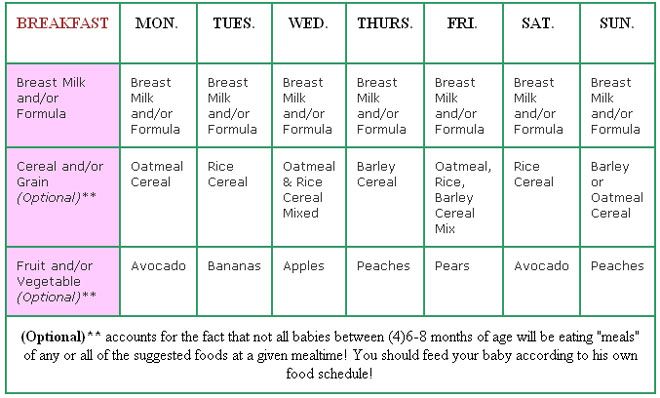
Overfeeding breastfed babies vs. formula-fed babies
Pediatricians Dina DiMaggio, MD, and Anthony F. Porto, MD, MPH, authors of The Pediatrician’s Guide to Feeding Babies and Toddlers, echo the importance of listening to your child’s cue, regardless of whether they’re breastfed or formula-fed. “We are often asked, ‘how come my child didn’t finish their bottle of formula?’ but are rarely asked that when children are breastfed.” (Probably because it’s a lot easier to see—and worry about—how much milk went into a bottle.)
On average, a full-term newborn drinks 2 ounces of formula per bottle every three to four hours, or breastfeeds on demand (about eight to 12 times a day), according to DiMaggio and Porto. At one month old, baby will likely drink 3 to 4 ounces of formula per bottle every three to four hours, while a breastfeeding baby may feed approximately seven or eight times a day. This pattern of baby drinking more ounces of formula or breastfeeding fewer times a day lasts until they are eight to 12 months old, at which point baby may drink seven to eight ounces of formula per bottle or breastfeed three to four times a day.
While these figures will vary with each child, it’s important to remember it’s perfectly normal for baby not to finish their bottle, as long as they’re hydrated and eating enough throughout the day. “Infants have a better understanding of when they’re full and, unlike most adults, don’t just eat whatever serving size is put in front of them,” DiMaggio and Porto say.
What Leads to Overfeeding?
Overfeeding baby is very rare, but it can happen. It’s more common in bottle-fed babies, simply because it’s easier for parents to see how much food their child is consuming. It also takes less effort to drink from a bottle, so babies (who love to suck) may inadvertently get too much milk while feeding.
If you’re concerned about possibly overfeeding baby, talk to your pediatrician. The doctor will look at baby’s length, weight and development, but as long as baby is thriving, they’re probably eating just fine.
Signs of Overfeeding Baby
The good news is, since you’ll likely be visiting a pediatrician often in first few months, you can track baby’s weight gain and feeding patterns.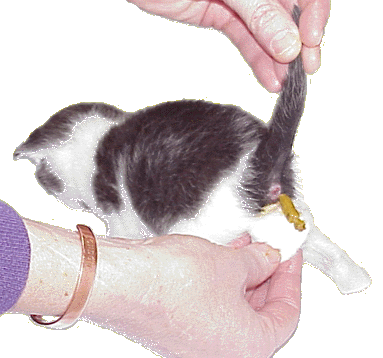 But don’t rely on weight as an indicator of whether you’re overfeeding baby. Instead, spitting up could be a sign you’ve pushed baby to take in extra food—for example, if baby spits up after draining a bottle you kept offering after they turned away. But more often than not, spitting up is a typical infant reaction or reflux.
But don’t rely on weight as an indicator of whether you’re overfeeding baby. Instead, spitting up could be a sign you’ve pushed baby to take in extra food—for example, if baby spits up after draining a bottle you kept offering after they turned away. But more often than not, spitting up is a typical infant reaction or reflux.
If you’re worried baby is eating too much for their age or has symptoms of vomiting, your pediatrician might recommend limiting how many ounces baby is drinking or how many times they feed, DiMaggio and Porto say. In most cases, however, as long as baby is healthy and doing well, feeding changes aren’t necessary.
How to Avoid Overfeeding Baby
If you learn you’ve been overfeeding baby, make a point of respecting your child’s feeding cues going forward. “If baby turns away before the bottle is finished or before your usual nursing time is up, accept the fact that they may not be hungry now,” Levine says. Don’t focus on the numbers: It doesn’t matter how many ounces baby finishes at each feeding. What matters is that baby is healthy and happy overall.
What matters is that baby is healthy and happy overall.
Updated February 2020
Expert bios:
Alanna Levine, MD, is a pediatrician at Orangetown Pediatric Associates in Orangeburg, New York, and works on staff at Englewood Hospital and Medical Center in New Jersey. In addition, she serves as a spokesperson for the American Academy of Pediatrics.
Dina DiMaggio, MD, and Anthony F. Porto, MD, MPH, are co-authors of The Pediatrician’s Guide to Feeding Babies and Toddlers: Practical Answers to Your Questions on Nutrition, Starting Solids, Allergies, Picky Eating and More, as well as spokespeople for the American Academy of Pediatrics. DiMaggio is a clinical assistant professor in the department of pediatrics at NYU Langone in New York City, and Porto is a pediatric gastroenterologist at Yale New Haven Health and medical director of the Yale Pediatric Celiac Program in New Haven, Connecticut.
Please note: The Bump and the materials and information it contains are not intended to, and do not constitute, medical or other health advice or diagnosis and should not be used as such. You should always consult with a qualified physician or health professional about your specific circumstances. Plus, more from The Bump:
Your Ultimate Guide to How to Bottle-Feed a Baby
Breastfeeding 101: How to Breastfeed Baby
What You Need to Know About Baby Growth Spurts
Can a Newborn Eat Too Much? How to Not Overfeed Your Baby
Signs of newborn overeating and ways to give the proper nutrition
By NewFolks
Can you overfeed a newborn? In short, yes, you can, but it doesn’t happen often. Every newborn has differences in appetite where one might drink a bottle or breastfeed longer than the other. Regardless, you can recognize the signs when your child has overeaten. Overfeeding a newborn often causes discomfort to the child because they can’t properly digest all breast milk or formula.
Regardless, you can recognize the signs when your child has overeaten. Overfeeding a newborn often causes discomfort to the child because they can’t properly digest all breast milk or formula.
Contents
- Signs of overfeeding baby on a regular basis
- What causes a newborn to eat too much?
- How to deal with overeating in a newborn
When overeating, the child can also ingest air, which may produce gas, increase abdominal discomfort, or cause crying. A child can even spit more than usual and have a soft stool. Although the discomfort of crying is not colic, they can cry more frequently than a child who already has colic. Therefore, you’ll need to watch for the signs of overfeeding your baby.
These are the signals that will clue you into how hungry (or not) your baby is.
- Holding the breast or bottle and continuously sucking (which indicates hunger)
- Taking longer breaks between sucking (meaning that he or she is full)
- Moving away from the breast or bottle (signaling fullness)
The amount of food each newborn needs will vary, but there are signs that generally show that a baby is gaining enough nutrition, such as a happy demeanor and good muscle tone.
Overeating, however, means that the baby consumes more milk (breast milk or formula) than they need for growth. Getting too much milk can overload a child’s small stomach and consequently get in the way of proper digestion.
Signs of overfeeding baby on a regular basis
Likewise, here are the signs of overfeeding a newborn that you’ll need to be aware of.
- Above-average weight gain
- Frequent, nauseating bowel movements
- Large burping
- Milk regurgitation
- Irritability
- Sleep disturbance
Symptoms associated with overeating are usually mistaken for colic, reflux, allergies, or intolerances to milk protein, or lactose intolerances. What separates the overeating from these conditions is that your child shows healthy growth, which does not happen when he or she has a digestive issue or a food allergy.
What causes a newborn to eat too much?
There are plenty of reasons a newborn overeats which include:
- Sleep deprivation: Lack of sleep disrupts the hormonal balance, which regulates appetite, resulting in increased appetite.

- Development: Babies are at the stage of oral development. In addition to wanting to suck when they are hungry, they also like to suck when they are tired, bored, uncomfortable, frustrated, or simply because they want to.
- Active sucking reflex: Babies have a limited ability to stop when they’ve had enough milk due to the sucking reflex, especially when feeding quickly.
- Fast feeding: This increases the likelihood that a child will ingest more milk than the stomach can contain or more than their tiny digestive system can adequately digest.
- Association of feeding and sleep: A child who falls asleep regularly by sucking a bottle can learn that the way they fall asleep is with a bottle in their mouth. This means that a child may want a bottle not only when they are hungry, but also when they are tired.
- Ignoring the signs of satiety: Satiety means that the child is full. The caregiver may try to force the child to consume the amount in the bottle after the child has shown signs of being full.
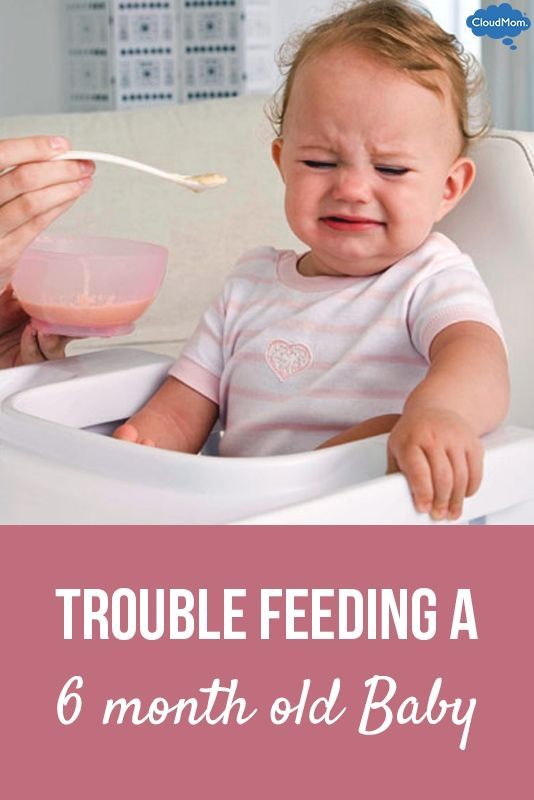 Forced feeding of the baby is easy to implement while the baby’s sucking reflex is active (from birth to 3-4 months), and therefore it is easy to force the baby to take more than necessary.
Forced feeding of the baby is easy to implement while the baby’s sucking reflex is active (from birth to 3-4 months), and therefore it is easy to force the baby to take more than necessary.
How to deal with overeating in a newborn
For starters, it is important not to limit the baby’s milk intake, but to help them to self-regulate. If you happen to overload the baby, don’t stress too much. In the future, you would need to watch for signs of being full. If he or she moves away before the end of the bottle or before the usual time of breastfeeding ends, then your baby is saying that the feeding was enough. If you are concerned about your child overeating, talk to your pediatrician. The doctor will examine the length, weight, and development of the baby and make some recommendations.
Overfeeding a newborn is very rare, but it can happen. It is more common in children who breastfeed, simply because parents can’t exactly determine the quantity that the baby has taken in.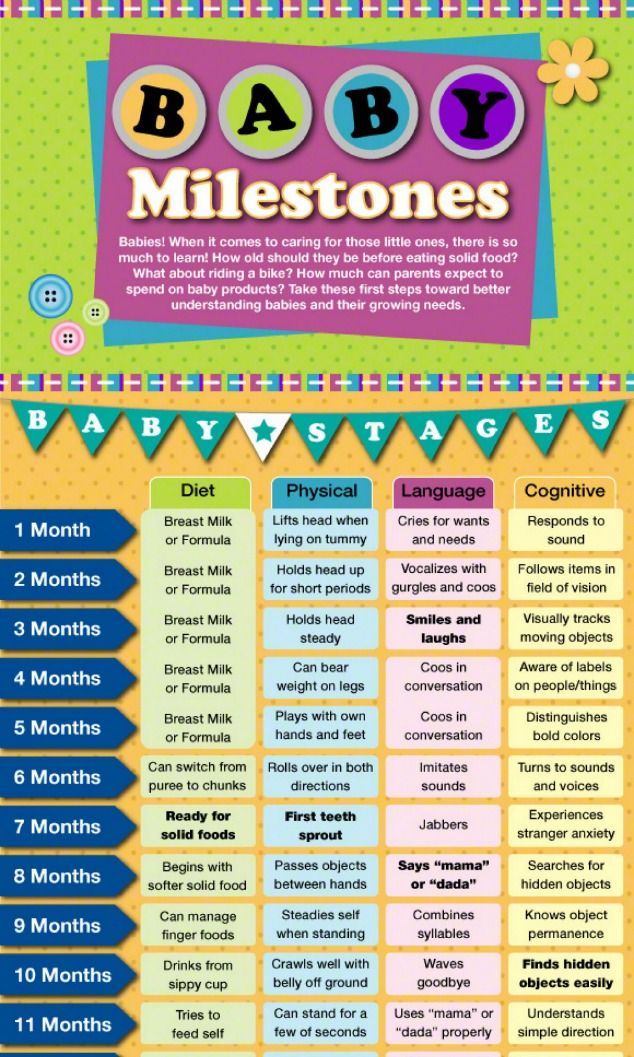 However, don’t focus on the amount because the quantity varies with each feeding. After all, you’ll be able to tell if your child is healthy and happy.
However, don’t focus on the amount because the quantity varies with each feeding. After all, you’ll be able to tell if your child is healthy and happy.
Editors' Recommendations
- Typical toddler behavior or autism? Key differences
- 5 vegetarian baby food recipes that are easy to make
- Some babies want to be held while sleeping: Here’s why
- 6 of the best toddler cereals to offer your child that aren’t packed with sugar
- How to stop food obsession in children
A newborn sleeps a lot and eats little - A newborn sleeps a lot and eats a lot
Almost every woman at the stage of pregnancy imagines how her life will change, what her baby will be like and how their joint days will be organized.
And conceived, the expectant mother builds in her imagination a certain “ideal” picture, supported by media images and commercials - a constantly smiling or sweetly sleeping baby.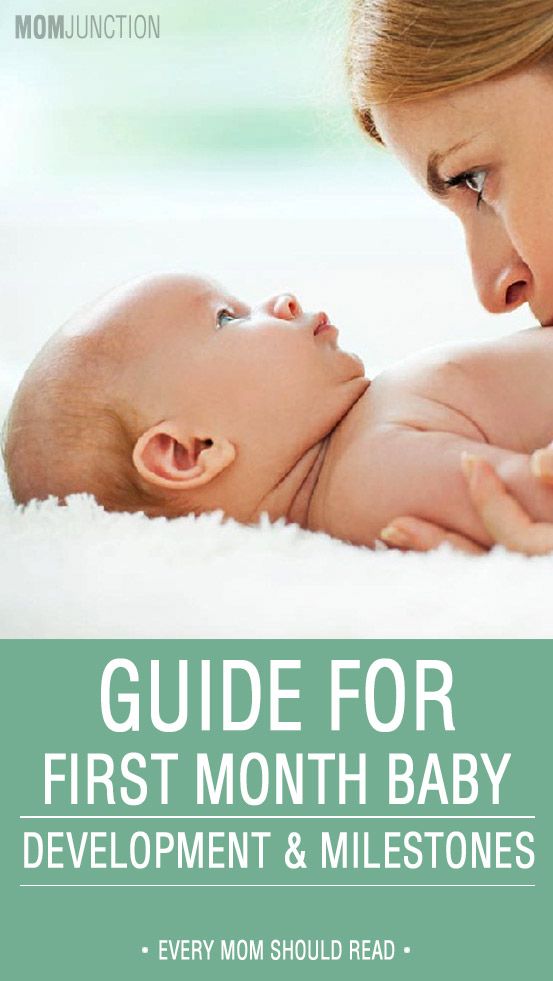
Undoubtedly, babies really sleep sweetly and smile with the most sincere smile. But this is not always the case. nine0003
THE FIRST MONTH OF LIFE - DONATION
The first month, and even the first three months of a child's life is called the period of "carrying out" - the stage of adaptation of the baby to the outside world, as well as the young mother getting used to new living conditions, to her new role, to the changed rules of life associated with the birth of a baby.
Many young mothers prepared for the birth of a baby already know a lot thanks to the availability of information about the psychophysiology of the newborn.
And, of course, when a mother has information about how much a small child should sleep, she somehow expects this from her baby too.
Let us remind you that a healthy full-term baby of the first year of life sleeps about 15-18 hours a day. Of these, 8-10 occur at night and 6-9 during the day. In fact, a newborn baby sleeps a lot of the time - most of the day.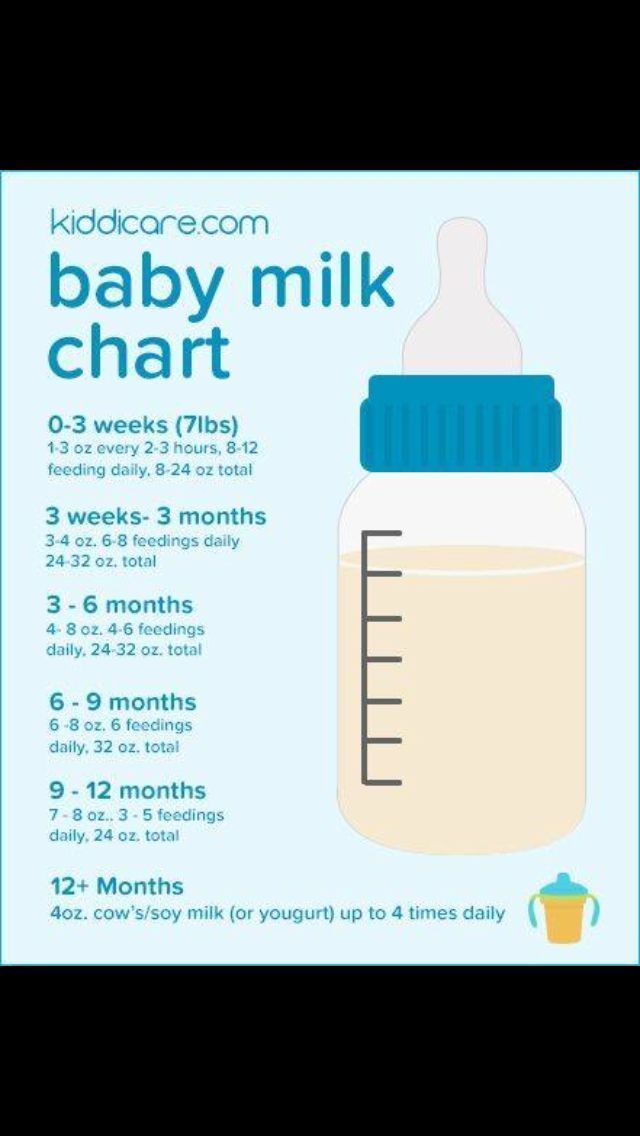
The period of wakefulness in a baby from birth is quite short - 20 minutes, increasing by the end of the first month of life to 45 minutes (maximum - up to an hour). nine0003
Most of the waking time, especially in the first weeks of life, the child spends with the mother in the process of feeding - when he is awake, he eats.
Breastfed babies need to be fed every 1.5 hours during the day (max 3) and every 3 hours at night (max 5). Such time intervals are due to the small volume of the newborn's stomach and the rapid digestibility of breast milk, the child needs to eat often.
Lack of food for more than 3 hours during the day and more than 5 hours at night is dangerous and fraught with dehydration of the child, and besides, if a small child sleeps without waking up for so long, this is an occasion to more closely monitor his condition and tell the pediatrician about it. nine0003
All this information is in the public domain, and after reading it, young mothers experience a whole range of feelings - from surprise to fear and confusion at the slightest deviation from the "norm" if her baby does not fit into them, for example, he is awake a lot and eat a lot or, conversely, eat little.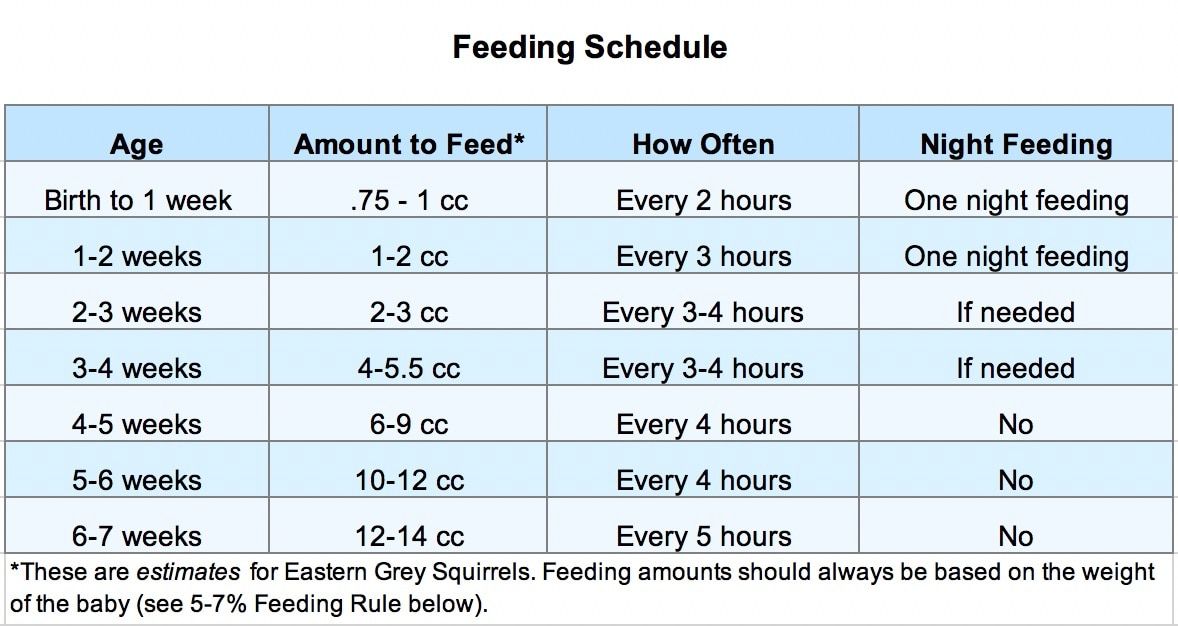
WHAT IT MEANS "LESS SLEEPING"
Let's take a closer look, because often the concepts of "little" and "constantly" are quite subjective criteria.
- It is important to know that the baby on the breast can sleep while sucking - in this case the baby can sleep, although the mother may identify this period as being awake.
- Hour count. In this case, it is better not to focus on subjective feelings. It often seems to tired and sleep-deprived parents that “the child did not sleep at all,” although if you count the hours objectively, you can find out that this is not the case. To calculate sleep time, you can use programs for smartphones, for example, Baby Tracker or any other adapted for these tasks. Recording the baby's sleep hours will help the mother know for sure how many hours he sleeps. nine0042
VIDEO LESSON
Baby sleep from 0 to 3 months
More
HOW TO KNOW IF YOUR BABY EATS MUCH?
A bit of theory about the physiology of breastfeeding.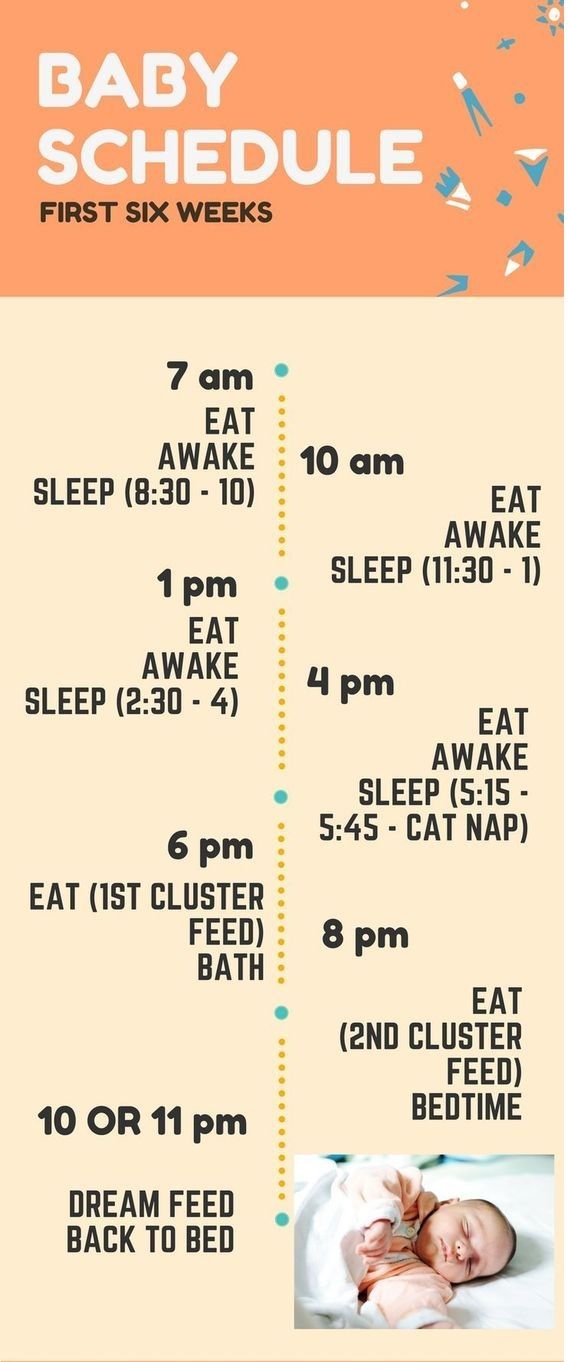 In the first three months of life, lactation is established in a breastfeeding mother. Milk comes on the 3rd-5th day of a baby's life. During this period, the colostrum that the baby ate immediately after birth changes its composition and becomes early (transitional) milk. During this period, the arrival of milk is still completely controlled by physiology - the endocrine system of the woman's body, it will remain even if the mother does not feed. And it is this period that is extremely important for establishing lactation - it is very important to put the baby to the breast as often as possible so that he eats, and that, thanks to sucking, receptors sensitive to prolactin are established in the mammary gland. On the second or third week (6-13 days after birth), milk becomes late transitional and only by 14-23 days - mature. Thus, lactation gradually shifts from endocrine control to autocrine control (controlled by the frequency of suckling). This means that the more the baby will breastfeed and eat, the more milk he will receive and vice versa - the less often he eats, the greater the likelihood of lactostasis and a decrease in milk in the breast.
In the first three months of life, lactation is established in a breastfeeding mother. Milk comes on the 3rd-5th day of a baby's life. During this period, the colostrum that the baby ate immediately after birth changes its composition and becomes early (transitional) milk. During this period, the arrival of milk is still completely controlled by physiology - the endocrine system of the woman's body, it will remain even if the mother does not feed. And it is this period that is extremely important for establishing lactation - it is very important to put the baby to the breast as often as possible so that he eats, and that, thanks to sucking, receptors sensitive to prolactin are established in the mammary gland. On the second or third week (6-13 days after birth), milk becomes late transitional and only by 14-23 days - mature. Thus, lactation gradually shifts from endocrine control to autocrine control (controlled by the frequency of suckling). This means that the more the baby will breastfeed and eat, the more milk he will receive and vice versa - the less often he eats, the greater the likelihood of lactostasis and a decrease in milk in the breast.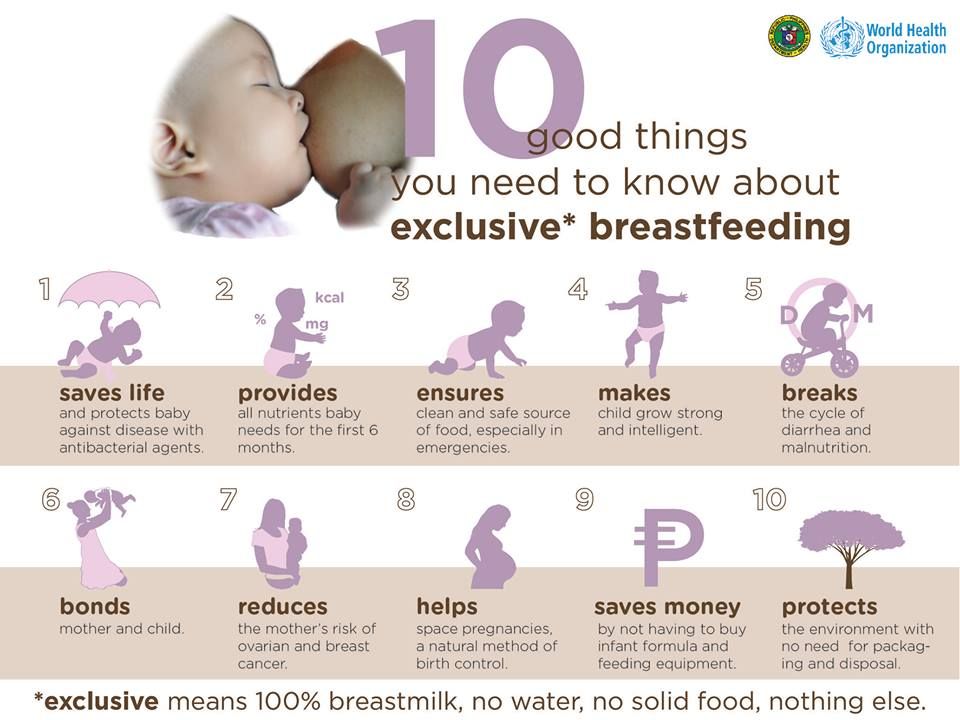 nine0003
nine0003
Thus, the baby, by frequent sucking, stimulates the mammary gland to produce milk - this is the most important process that is absolutely normal and correct from the point of view of the physiology of the postpartum period of both the mother and the newborn.
WHAT SHOULD I DO IF THE BABY IS ABOVE THE RATE?
What to do if, using observations and time-counting programs, it turns out that the baby is awake more than normal and does not stop breastfeeding.
First of all, it is important to consult with the attending pediatrician and possibly a neurologist to make sure that the baby does not have neurological and physiological health problems.
Many children sleep restlessly and stay awake more than the norm if they had some difficulties during childbirth (entanglement, hypoxia), separation from their mother in the postpartum period, and so on. In this case, they especially need constant contact with their mother in order to sleep peacefully.

It is also important to make sure that the sleeping conditions are organized correctly - the sleeping room is sufficiently ventilated, not hot (no more than 22 degrees), humid enough (50-60%), the baby does not overheat during sleep (comfortable pajamas for the season, no cap ).
HOW CAN YOU HELP YOUR CHILD?
- Recreating the conditions of the uterus - tightness (sleep in a cradle, in a sleeping bag or in a sling), darkness, motion sickness.
- Feeding on demand. nine0041 At this age, the baby can be fed as often as desired, without adhering to the feeding regimen. He can eat quite often.
- Maximum contact of the baby with the mother (sling helps the mother to have some freedom of action)
- Sleeping next to mum in side crib with side down promotes closeness between mum and baby and is safe.
Tips for worried moms:
Many new mothers often worry about the “norm” and get scared when things don't go the way they should.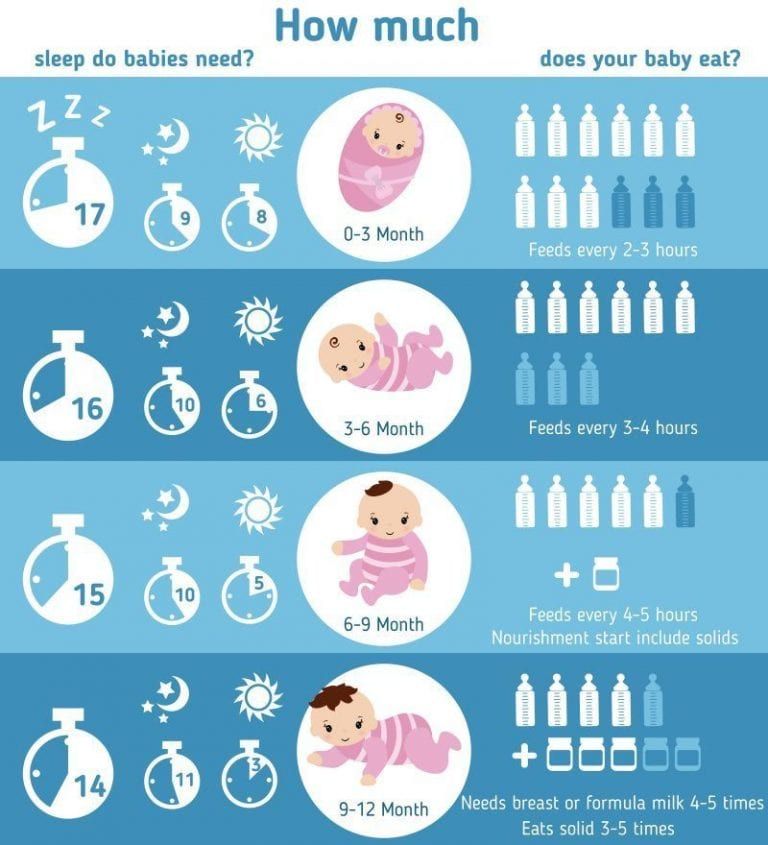
- The first recommendation to all new mothers is to ignore the norms, especially those norms that are inherent in the children of girlfriends. Every baby, like every mother-baby couple, every family is unique and what is normal for her is not necessarily normal for you. You will have your own rules. Sleep standards are a guideline. The main criterion is the well-being of your baby. It is important to help him fall asleep not when "it's time", but when you notice his signs of fatigue. Time limits are just a guideline. nine0042
- The same goes for feeding. There is not and cannot be "too much breastfeeding" in the first month of life. The baby can eat as much as he needs. Establishing lactation is now one of the main tasks. Let nature and the baby make it happen.
- Rest and rejuvenate whenever possible. Fall asleep with the baby, involve relatives, spouse to help. nine0042
- Record in memory and on paper your thoughts, emotions, discoveries, impressions The first month of a baby's life will fly by very quickly, even if sometimes it seems that time is slow.
 Take pictures of the baby, watch his changes, because they happen every day!
Take pictures of the baby, watch his changes, because they happen every day!
If you slightly change the angle of perception of the situation, the newborn period will pass easily and naturally, and the calmer and more relaxed the mother is, the calmer the baby’s sleep will be =)
Food and Sleep Breastfeeding NormsSleep Sleep of a Newborn
Wakefulness and Sleep
the whole truth about the “regime” of a child in the first six months of life
Soviet textbooks and our mothers and grandmothers brought up on them say: a child should have a daily routine. Only in this way will he grow up healthy, and his mother will have time to do household chores. But how real is the regime and does the baby need it at all? What you need to know when trying to build the perfect day for a baby, we figure it out together with a pediatric gastroenterologist and a breastfeeding consultant. nine0003
VS Rhythm mode
The regime in the "Soviet" sense, when a child's day was scheduled literally by the minute, is a thing of the past. Not a single doctor today will suggest that you constantly look at the clock, calculating the minutes until the baby sleeps. But eating and sleeping on time is really good for the health of the nervous system of both the baby and his parents. Understanding this paradox means understanding what it means to “do everything on time”?
Not a single doctor today will suggest that you constantly look at the clock, calculating the minutes until the baby sleeps. But eating and sleeping on time is really good for the health of the nervous system of both the baby and his parents. Understanding this paradox means understanding what it means to “do everything on time”?
Here everything is simple and purely individual.
On time - this is so that both the child and you feel good. And this, of course, is no longer a regime, but rather a rhythm convenient for everyone. nine0003
It depends on the temperament and biorhythm of the child, his state of health.
In modern pediatrics, certain norms of sleep, wakefulness and nutrition of babies in the first year of life are determined. It is important to remember that these data are really averages. If a child sleeps more, eats less and vice versa, then this can be considered an abnormality only in case of strong deviations, and it is the doctor who must make the decision that “something is wrong”.
The life of a child of the first half of the year consists of three fundamental things: sleep, food and wakefulness. He "should" sleep from 20 hours a day in the first month of life to 14 hours closer to 6 months (2-4 hours at a time). He "should" eat 8 times a day at the very beginning of life and up to 4-5 times closer to six months, while for one feeding at the very beginning he "should" eat 70-100 ml of liquid, and by 6 months - up to 240 ml. nine0003
Let's emphasize once again that these norms are average, and let's talk about how much control each of these positions needs to be and what can come of it in reality.
Sleep
Sleep is one of the most important components of a baby's life in the first half of the year. A well-sleeping child will not be too capricious on time, will be ready to explore the world and eat well. It can be said that a child's sleep is a concept that determines the quality of life of the whole family and the quality of development of the infant himself. nine0003
nine0003
If you can't manage your child's sleep, let's find out what can be done.
1. Do not blame yourself
First of all, do not consider yourself a bad mother if the child “does not sleep”, “screams all the time”, “confuses day with night”, etc. You are a good mother, and these are just temporary difficulties.
2. Analyze: is it really so bad?
If the baby sleeps a little, and then wakes up happy and ready for learning, then this is his rhythm. You just have to adjust and know that the period of infancy is very short, and the rhythms of the child will change. If your child frequently wakes up crying, check to see if he is hot, cold, stuffy, damp, or just plain hungry. Sometimes it is enough to let fresh cool air into the room, and the child begins to sleep for hours. nine0003
But if you know that all the external “comfort parameters” are met, the baby is sleeping or obviously wants to sleep, but something is bothering him - he pulls his knees up to his chest, arches and wakes up crying, not having time to sleep properly - tell about it to the pediatrician. Perhaps the baby has colic, then the doctor will give recommendations on what to do with gas formation.
Perhaps the baby has colic, then the doctor will give recommendations on what to do with gas formation.
3. Try to follow the baby's rhythm
For example, watch your baby for signs that he is tired and ready to sleep. If at this moment you start to put the child to bed, he will fall asleep pretty quickly. Pay attention to how much sleep the baby needs so that after that he wakes up relatively satisfied, and then you can calculate your free time during the day. nine0003
Signs that the child is ready to sleep are:
- rubs eyes, ears, yawns;
- becomes capricious, restless;
- it is impossible to interest him in anything, he does not like everything;
- becomes too active, excited.
In order for the child to sleep well and, on waking up, to fall asleep on his own, introduce simple rituals that the infant will associate with going to bed, and make sure that he avoids lack of sleep or, conversely, overexcitation. nine0003
Note the intervals of wakefulness, after which the child easily goes to sleep.
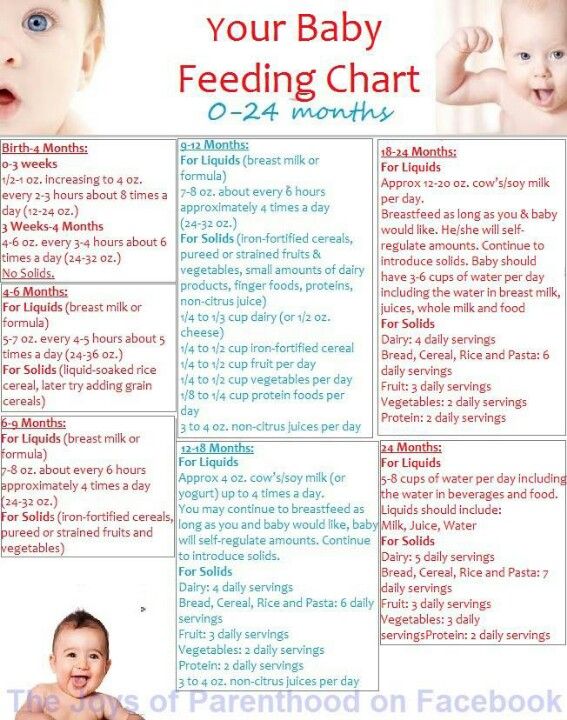
Knowing this, 15-30 minutes before bedtime, you can turn on certain calm music, dim the lights, talk to your baby in a calm, low voice. As a ritual before going to bed, there can be water procedures. Perhaps it makes no sense to do this from the first month of life, but from three months it is quite possible to start.
It is important to remember that a child who is constantly sleep deprived will become more restless every day, because he will produce and accumulate the stress hormone cortisol. The same thing happens with the baby when overexcited. nine0003
Watch your child, set a goal for yourself to "get the rhythm", and you can really plan your day a little and rest at night.
Food
Breastfeeding is considered the best type of food for a baby during the first 6 months of life. At the same time, it is recommended to feed the child “on demand”. The main thing here is to understand what exactly the child requires.
Do I need a "regime" when breastfeeding? What problems can arise and how to solve them? Tells lactation consultant Yulia Anatolyevna Chistova:
“The process of breastfeeding seems simple and natural until you experience it in practice.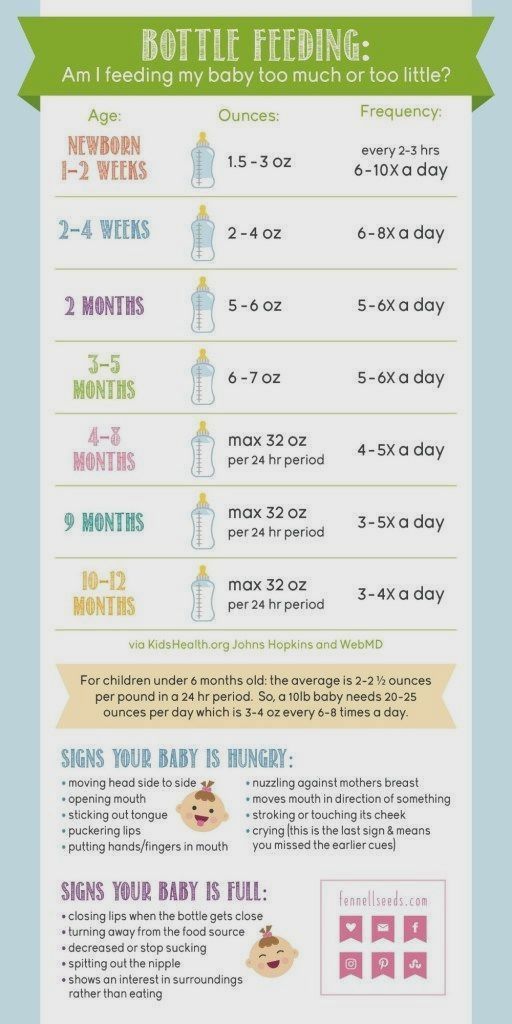 In reality, questions about breastfeeding begin already in the delivery room and continue to excite mothers for weeks, or even months.
In reality, questions about breastfeeding begin already in the delivery room and continue to excite mothers for weeks, or even months.
The first stage of feeding a baby after childbirth is feeding with colostrum, a special concentrated liquid that is excreted in a very small volume. The baby at this time loses weight for a number of physiological reasons, and many mothers panic: there is almost nothing in the chest, and the child is losing weight. However, weight loss immediately after childbirth is a completely normal process. nine0003
Many babies are very sleepy after giving birth, and, as absurd as it may seem, they often need to be woken up for feeding, because they can oversleep from weakness. The general recommendation is to feed newborns at least once every three hours.
In the next stage, the breast begins to produce milk, and for some women, especially nulliparous, "milk coming" is an unexpected and not very pleasant process.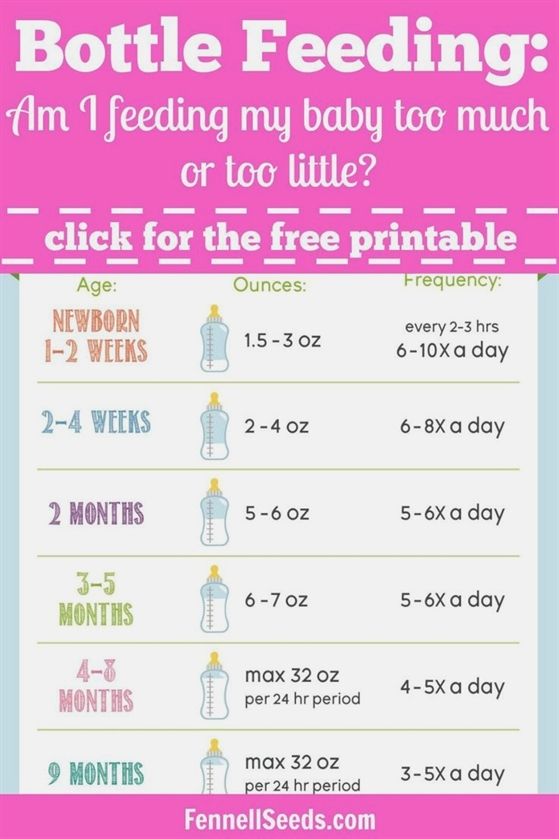 The chest may swell, become hard and painful. Here, of course, the help of the child will be invaluable: the rhythm of feeding should correspond to the rhythm of breast filling, and after feeding it should become soft and painless. nine0003
The chest may swell, become hard and painful. Here, of course, the help of the child will be invaluable: the rhythm of feeding should correspond to the rhythm of breast filling, and after feeding it should become soft and painless. nine0003
Of particular importance here is not only how often and for how long the baby suckles, but also how he does it. If questions arise, a specialist will help determine the quality of application, and the mother, first of all, should be guided by her feelings - feeding should be completely painless, and the breasts should empty well. As a rule, feeding at this stage takes 30-40 minutes, during which phases of active sucking with visible and audible throats alternate with phases of sleep and weak sucking. nine0003
How can you tell if a child is eating? It is best to focus on objective indicators: the increase from the moment of weight gain should be at least 20 g per day (and preferably from 150-200 g per week), weight recovery at birth should occur no later than two weeks of age, and the child should fill 6-8 diapers daily and have a stool at least 1 time per day.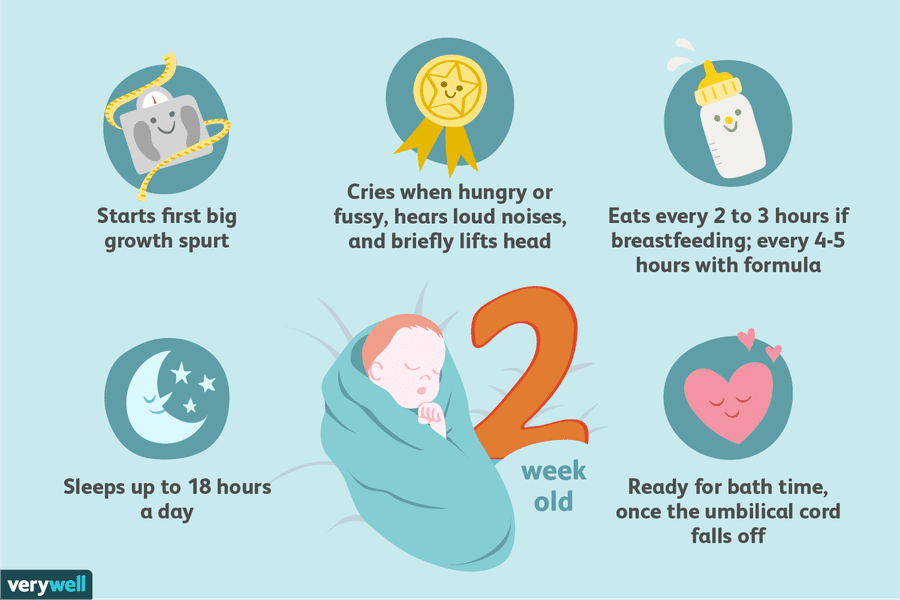
Feeding rhythms for the first 28 days gradually change from chaotic to more orderly. Uniform answers to the questions “how much and how often does a baby need to be at the breast?” not to be found: you need to carefully evaluate what is happening and trust the objective assessments of the growth and development of the baby. nine0003
Sometimes the baby will want to breastfeed more often, on other days he will hint at a willingness to tolerate some intervals between feedings. At the same time, one must understand that not every child is able to eat in uniform portions and withstand without a breast for as long as it would be convenient for mothers. We, adults, also do not eat according to strict rules and norms, but listen to our appetite and well-being.”
Marina Yulianovna Stepanyan, a children's gastroenterologist , also talks about the possibility of a “chest regimen”:
“Over the past 15 years, the rules for feeding a newborn baby have changed significantly.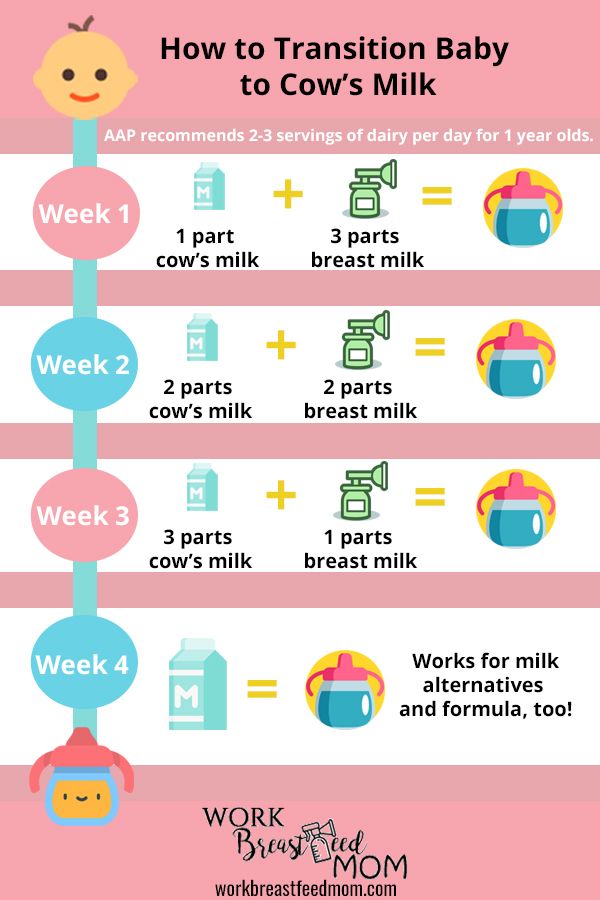 For the first 6 months of life, it is imperative to feed the baby without a regimen, on demand, the child regulates his hunger on his own and eats different portions of milk at each meal, which immediately eliminates two main misconceptions: feed by the hour and weigh after each feeding. It is impossible to overfeed a child with mother's milk.
For the first 6 months of life, it is imperative to feed the baby without a regimen, on demand, the child regulates his hunger on his own and eats different portions of milk at each meal, which immediately eliminates two main misconceptions: feed by the hour and weigh after each feeding. It is impossible to overfeed a child with mother's milk.
The main rule of feeding - the greater the demand of the child, the more milk will be. nine0003
Until the age of 6 months, there is no point in distracting the child, looking for calming mechanisms outside of breastfeeding.
If you are worried that your child rarely asks for food, then pay attention to weight gain. The main criterion for proper feeding is the monthly increase in accordance with the established norms. If your child is not gaining weight well or is having trouble suckling, if he is restless, or has foul-smelling loose or hard stools with impurities, this is a reason to contact a specialist - a pediatric gastroenterologist.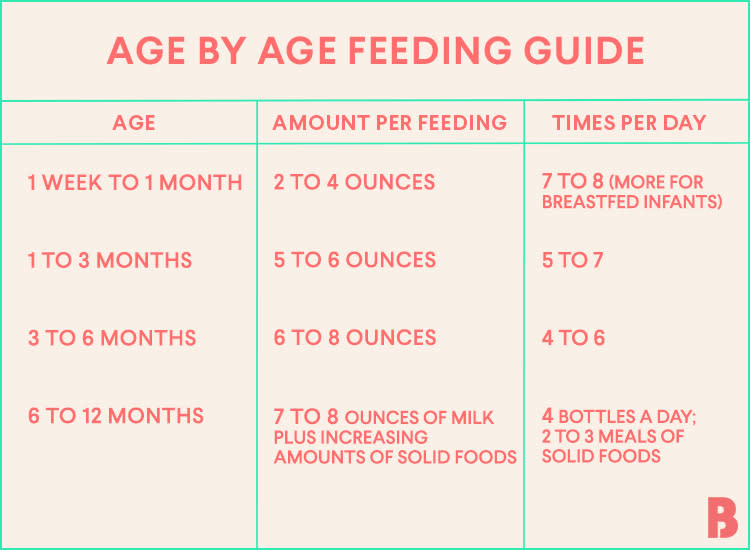 nine0003
nine0003
In the case of artificial feeding, things are a little stricter. It is important to follow a certain feeding regimen here, since the formula is digested longer than mother's milk, and the phrase "feeding on demand" is no longer 100% suitable. But how to eat right for your “artificial” child will be answered by a pediatrician who observes the baby and knows his state of health. It is he who will help calculate the right amount of the mixture at one time and indicate the approximate number of feedings. nine0003
In order for a bottle-fed baby to feel good, it is important to choose the right formula. After all, discomfort in the child's stomach makes not only him, but the whole family worry: there is no time for rhythms.
This material was created with the support of Bellakt. Bellakt is the only manufacturer of dry baby food in Belarus and one of the largest producers of dry baby food in the CIS. This is a modern, high-tech enterprise producing baby food, dairy products, food for pregnant and lactating women.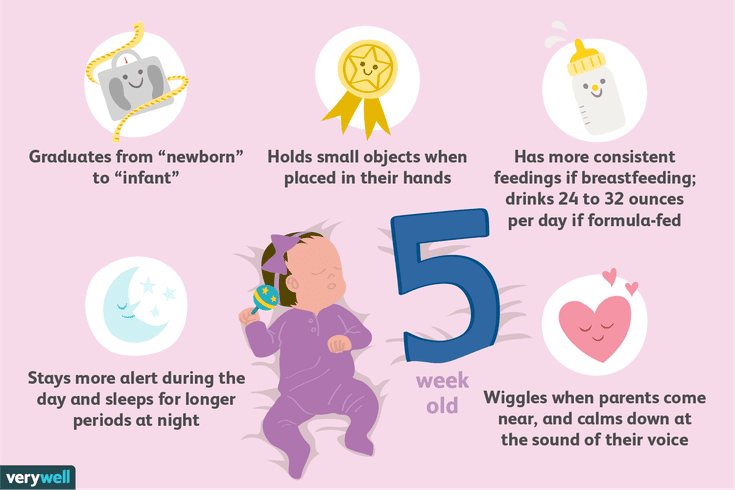 Time-tested quality. Manufacturing experience since 1970g.
Time-tested quality. Manufacturing experience since 1970g.
If your child is already starting to actively eat purees and cereals, look for an adapted formula that will meet his needs - Bellakt NEW 6–12 .
Bellakt is a new and improved formula based on the latest recommendations from leading baby nutrition experts. The products in this range do not contain palm or rapeseed oil.
For optimal growth and development, the composition of the mixtures is enriched with components: polyunsaturated fatty acids Omega-3 and Omega-6, lutein, nucleotides and prebiotics. nine0003
Bellakt mixes are produced using special technologies and without the use of powdered milk! This means that mixtures prepared on the basis of fresh normalized milk undergo a single high-temperature drying, which allows preserving the nutritional and biological value of the protein.
Wakefulness
The periods of wakefulness in a baby up to six months are not so long, but they require mother's attention.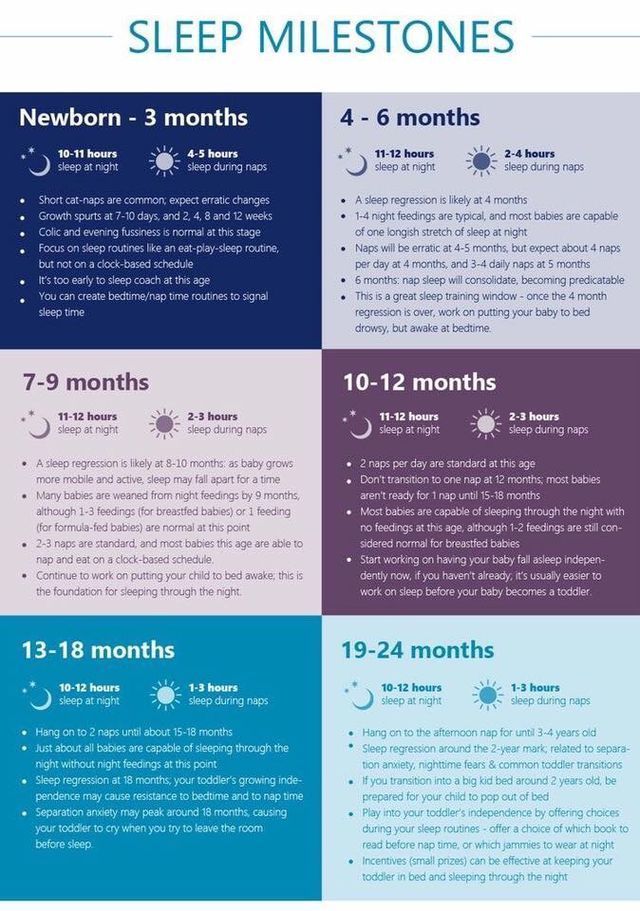 Note that this does not mean at all that you should constantly carry it on your hands. If the child woke up in a good mood, not hungry, then he may well “have fun” himself. Lay it on a developmental mat or in a lounge chair and go about your business, but always keep your baby in sight. nine0003
Note that this does not mean at all that you should constantly carry it on your hands. If the child woke up in a good mood, not hungry, then he may well “have fun” himself. Lay it on a developmental mat or in a lounge chair and go about your business, but always keep your baby in sight. nine0003
At first, these hands-free periods will be short, but over time, the child will become more and more interested in the world around him. Make sure your child is safe and comfortable during self-study. It is not worth leaving him alone in spite of crying: he will associate a play mat and a deck chair with negativity.
Notice how long a child is able to stay awake before he starts rubbing his eyes, yawning and acting up - and this will be another part of your daily rhythm. Remember, it is important not to miss the moment when it is physiologically time for the baby to eat and sleep. But if you know for sure that it’s “not time” yet, try to distract the child, switch to toys, books, or just change his diaper.

